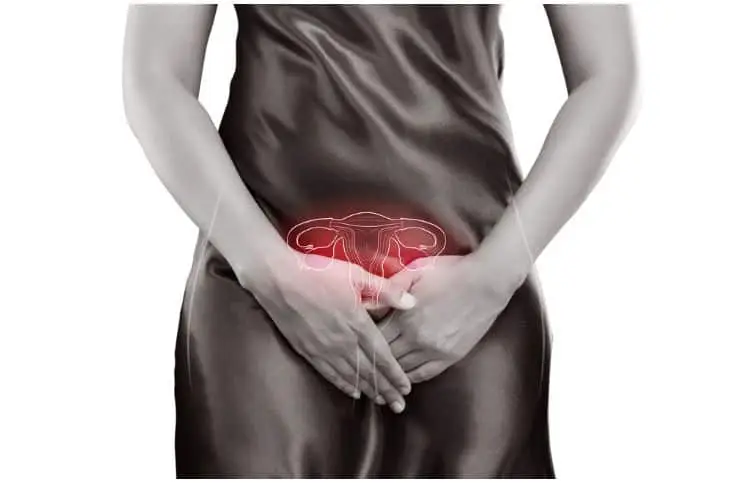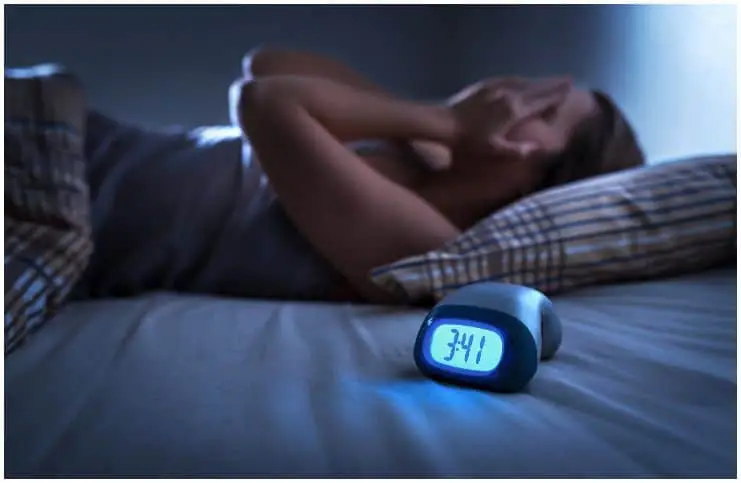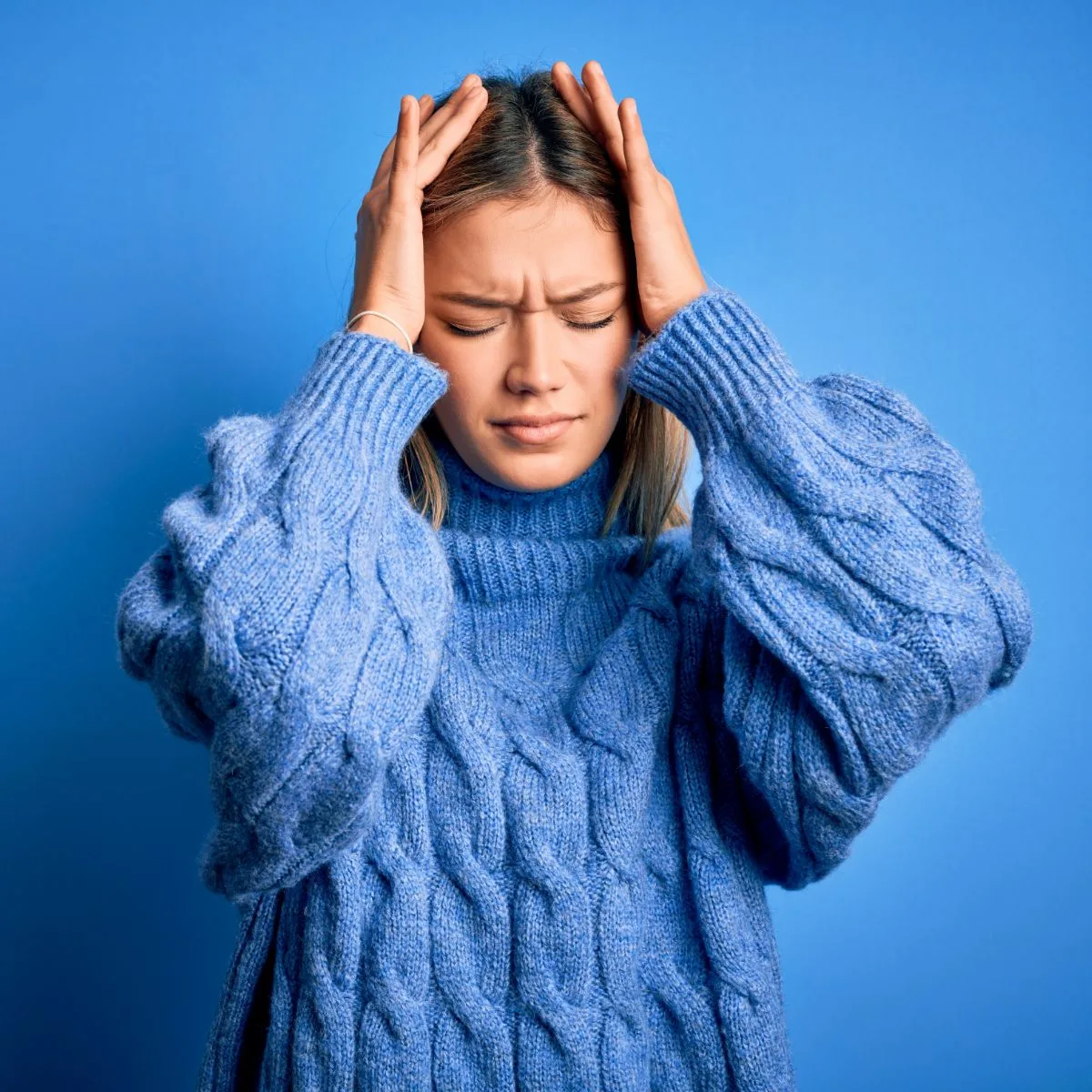Do you know the spiritual meaning of headaches? Here are the details:
Headaches, particularly migraines, can be seen as more than just a physical ailment. They can also carry a spiritual meaning, often associated with psychological and emotional factors. Stress, self-criticism, and unresolved issues from the past can contribute to headaches, symbolizing a need for personal introspection and resolution.
Headaches are unpleasant pains in your head that can cause aching and pressure.
They can range from mild to severe pain and commonly occur on both sides of your head.
Migraine is the 3rd most common disease in the world, with an estimated global prevalence of 14.7 percent.
In the United States, over 40 million people suffer from migraines. The condition tends to run in families, with approximately 90 percent of migraine patients having a migraine family history.
There is a difference between a headache and a migraine headache.
Headaches are not frequently accompanied by other symptoms associated with migraines.
However, your headache may be a migraine if you have any combination of these symptoms:
- vomiting or nausea, upset stomach, abdominal pain;
- moderate to severe pain (usually described as pounding, throbbing pain) that can affect the whole head or can shift from one side of the head to the other;
- bright flashing dots or lights, blind spots, wavy or jagged lines;
- sensations of being very warm or cold;
- blurred vision;
- sensitivity to light, noise, or odors;
- loss of appetite – medical conditions that can cause a loss of appetite include – bacterial, viral, fungal infections as well as digestive conditions (Crohn’s disease and irritable bowel syndrome);
- pain behind one eye or ear;
- temporary vision loss.
Migraine Triggers
Migraine attacks usually last between 4 and 72 hours, and in the majority of cases, there is complete freedom from symptoms between attacks.
Certain factors are involved in triggering an attack in those predisposed to a migraine attack.
These are commonly called trigger factors and can include lifestyle and hormonal changes, such as:
Stress
A dramatic increase or decrease in physical or psychological stress can cause a migraine.
Danish scientists found that a majority of migraine patients report that stress is associated with the onset of migraine attacks.
Some things you can do to help reduce your stress levels include:
- getting enough sleep;
- Doing relaxation exercises, like mindfulness meditation;
- spend time in nature;
- being active (at least half an hour most days of the week is best);
- eating healthy foods.
Hormonal Changes
Some women experience migraines around the time of their period, probably because of variations in the levels of hormones such as estrogen around this time.
Many women with migraines report headaches before or during menstruation as the drop in estrogen just before the period may contribute to headaches.
Moreover, some women experience their first migraines during early pregnancy since estrogen levels rise during pregnancy.
Food Triggers
Fewer than 30% of migraine sufferers identify foods as triggers.
To be considered a migraine trigger, the food must cause a migraine headache within 24 hours of the time it’s consumed, and it must do that more than 50 percent of the time that the food is eaten.
Food triggers include:
- alcohol (especially champagne and red wine);
- aged or strong cheese, particularly cheddar (ricotta, cottage, or cream cheese);
- chicken liver;
- pate;
- papayas;
- red plums;
- pickles;
- olives;
- foods with artificial sweeteners, including diet sodas;
- dried fruits, such as raisins, apricots, dates, and canned figs;
- mustard;
- ketchup;
- mayonnaise;
- foods that contain nitrates, such as cured meats, bacon, hot dogs, ham, sausage, salami, bologna, and pepperoni;
- foods that contain monosodium glutamates (MSG), such as Chinese food, meat tenderizers, or soy sauce.
Lack of Sleep
Sleep disturbance is one of the most frequent factors associated with a migraine. Insufficient sleep is usually cited as a trigger for acute migraine attacks.
Notes – too much sleep can trigger headaches as well – especially migraines and tension-type headaches.
If your sleep is frequently interrupted, you are not getting quality sleep, which can also increase migraines risk.
READ MORE: Insomnia – Spiritual Meaning
Caffeine
Some researchers have reported that excessive caffeine consumption may trigger a migraine.
That’s why it’s beneficial to monitor your caffeine intake from tea, coffee, soft drinks, chocolate, and energy drinks.
For example, a standard 8-ounce cup of coffee contains between 125-250mg of caffeine.
The average American consumes 200 to 300 milligrams of caffeine per day.
READ MORE: 7 Caffeine Withdrawal Symptoms
Migraines and Headaches – Spiritual Meaning & Causes
Self-criticism is an important spiritual cause of headaches. Moreover, they are usually used as an excuse to escape responsibilities or to underperform.
Pain to the back of the head represents something in your past that is not complete and which remains unforgiven.
Another possible cause of the headaches is a blocked crown chakra.
The crown chakra (Sahasrara) is the 7th major chakra and is located at the top of the head. However, headaches may appear because our Sahasrara chakra is expanding.
When this chakra is stimulated and opens up, you may feel like your head is being operated on, like someone is sticking needles or rods in your skull.
Occasionally, the pain can be eased by asking the Supreme Consciousness and your Higher Self to make an adjustment in the energy flow.
READ MORE: Hair Loss – Spiritual Cause
Prevention
Sleep
Sleep is a vital indicator of overall well-being and health. About 85 percent of people with migraines have a poor sleep quality, according to a 2017 study of over 200 people living with a migraine.
It is recommended to sleep 7 to 8 hours of uninterrupted sleep.
Avoid Bright Lights & Loud Noises
Flashing lights, loud noises, and sensory stimulation are frequent triggers for migraine headaches.
These include:
- experiencing glare from the sun;
- attending crowded venues or clubs;
- being in movie theaters;
- driving at night.
READ MORE: Eczema – Spiritual Meaning
Nutrition
Magnesium deficiency is strongly associated with headaches and migraines.
You can get this essential mineral from the following foods:
- almonds;
- purslane;
- amaranth;
- beet greens;
- sesame seeds;
- spinach;
- sunflower seeds;
- red kidney beans;
- Brazil nuts;
- cashews;
- chickpeas;
- peanut butter;
- lentils;
- oatmeal;
- walnuts.
READ MORE: Hip Pain – Spiritual Meaning
Healing Affirmations
”I love and approve of myself.”
”I let go of stress regularly throughout the day.”
”I see myself and what I do with eyes of love.”
”My head feels comfortable and soothed.”
”I am safe.”
”I am relaxed and at peace.”
Note
Deep breathing exercises (pranayama) and daily mindfulness meditation are great methods to try when you have a headache since deep breathing exercises boost energy flow in the body, promoting healing.
READ THIS NEXT: Nadi Shodhana Pranayama – Alternate Nostril Breathing Technique
References https://www.ninds.nih.gov/disorders/all-disorders/migraine-information-page https://www.ncbi.nlm.nih.gov/pmc/articles/PMC4097897/ http://n.neurology.org/content/neurology/79/18/e168.full.pdf


Wednesday 22nd of July 2020
Very nice explain in simple words
Tuesday 23rd of July 2019
Very nicely explained